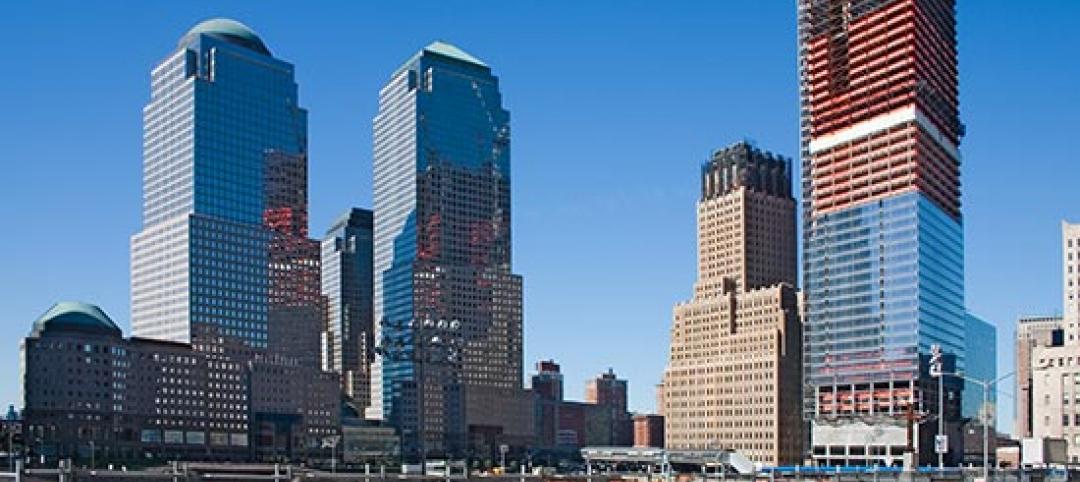The “15-minute city” where residents live within a short walk or bike ride of all their daily needs has gained favor during the COVID-19 pandemic, with some cities banning or reducing cars in designated areas.
This model, the norm in central areas of European cities that were largely settled before the advent of the automobile, faces difficulty in translation to North America. Cities on this side of the Atlantic were laid out with vehicular traffic in mind, creating widely settled areas with fewer tight-knit neighborhoods.
What’s more, economically disadvantaged areas of cities often lack amenities such as grocery stores, pharmacies, and other necessities. Without a concerted effort and significant investment, these urban areas cannot be easily transformed into the 15-minute city model.
Adding bike lanes and small parks will not reverse segregation that had been embedded into city planning for decades. While the 15-minute city may not be realistic for some North American cities, if these communities can transform from a 45-minute city to a 20-minute city, that would be a worthwhile achievement, some planners say.
Related Stories
| Dec 12, 2011
DOE makes 2010 ASHRAE energy standard the reference for state energy codes
The U.S. Department of Energy (DOE) issued a ruling that establishes the 2010 American Society of Heating, Refrigerating and Air-Conditioning Engineers’ (ASHRAE’s) 2010 energy efficiency standard as the commercial building reference standard for state building energy codes.
| Dec 1, 2011
Chinese cabinet approves regulation to prevent fraud in construction bidding
China’s State Council approved a regulation to standardize bidding processes for construction and other business-related projects in order to prevent fraud and misconduct.
| Dec 1, 2011
More stringent efficiency codes driving growth in green building industry
Thanks partly to upgraded building codes, the building energy efficiency market will soar more than 50% between now and 2017 to $103.5 billion, according to Pike Research.
| Dec 1, 2011
Safety tracking tool helping prevent injuries at World Trade Center site
Since putting in place their Safety Management Systems Tracking Tool three years ago, risk managers for the World Trade Center project in New York say they've seen workplace injuries, reported hazards, and workers compensation claims decline.
| Dec 1, 2011
OSHA releases new construction safety videos
OSHA released new safety videos to offer both employers and workers brief, easy-to-understand education about construction safety.
| Dec 1, 2011
GSA Region 5 BIM standards could set national agenda in government contracting
Learning how the GSA wants to work with contractors using Building Information Models (BIM) will dramatically improve your odds of winning federal work.
| Nov 23, 2011
Fenestration council seeks committee members
The National Fenestration Rating Council (NFRC) is seeking members for a committee to pursue recognition of its ratings procedures from the American National Standard Institute (ANSI).
| Nov 23, 2011
Obama signs repeal of 3% withholding on government contracts
President Obama signed a bill that repeals a law requiring governments to withhold 3% of payments over $10,000 to contractors.
| Nov 23, 2011
USGBC launches app lab for LEED certification process
The U.S. Green Building Council has released the App Lab, a searchable catalog of third-party apps that are integrated with LEED data.
| Nov 23, 2011
Document gives advice on stormwater runoff management
The report, “Rooftops to Rivers II,” provides tips on how cities can use smart infrastructure and green building design to minimize pollution from stormwater runoff and other wastewaters.

















